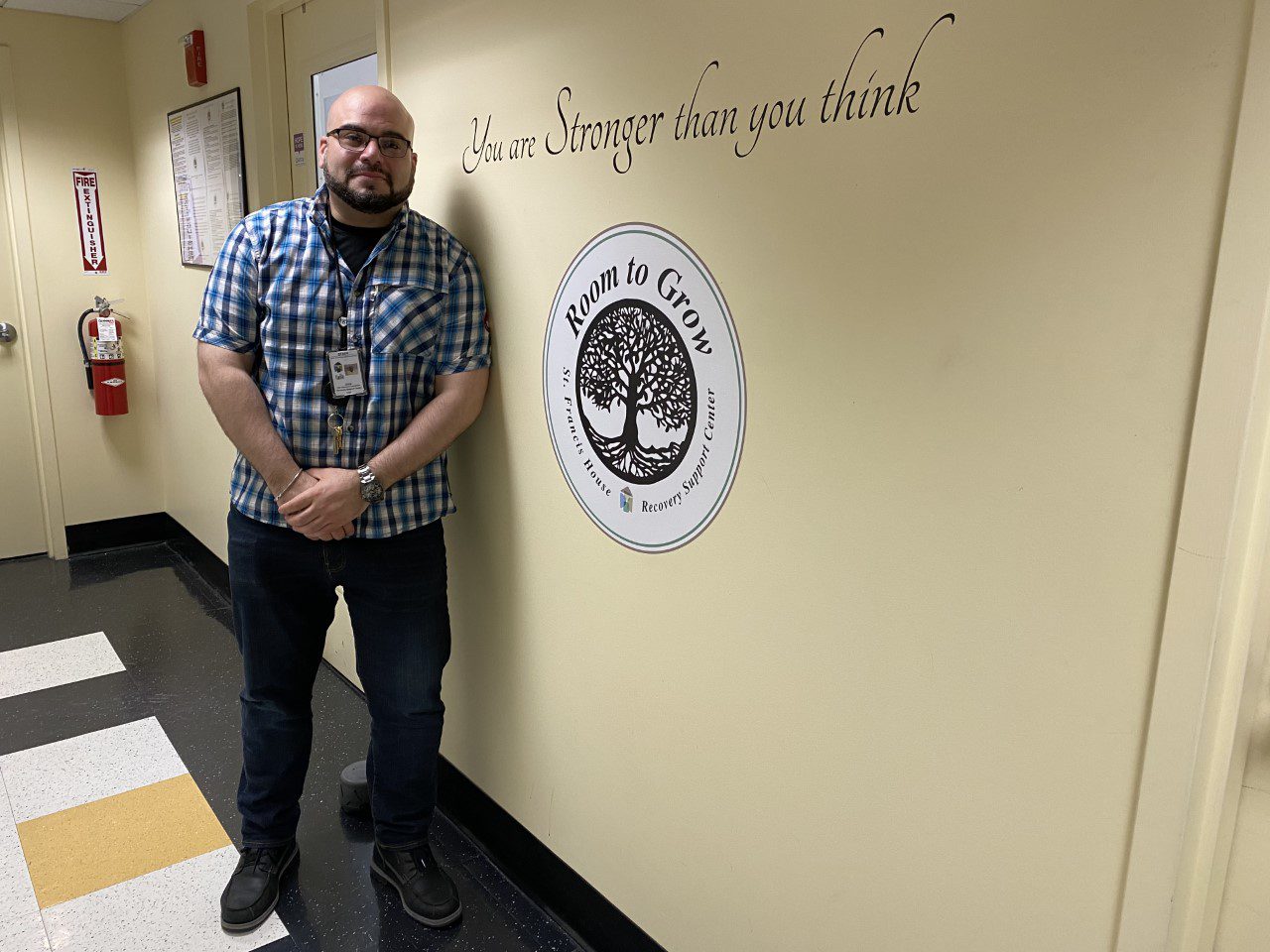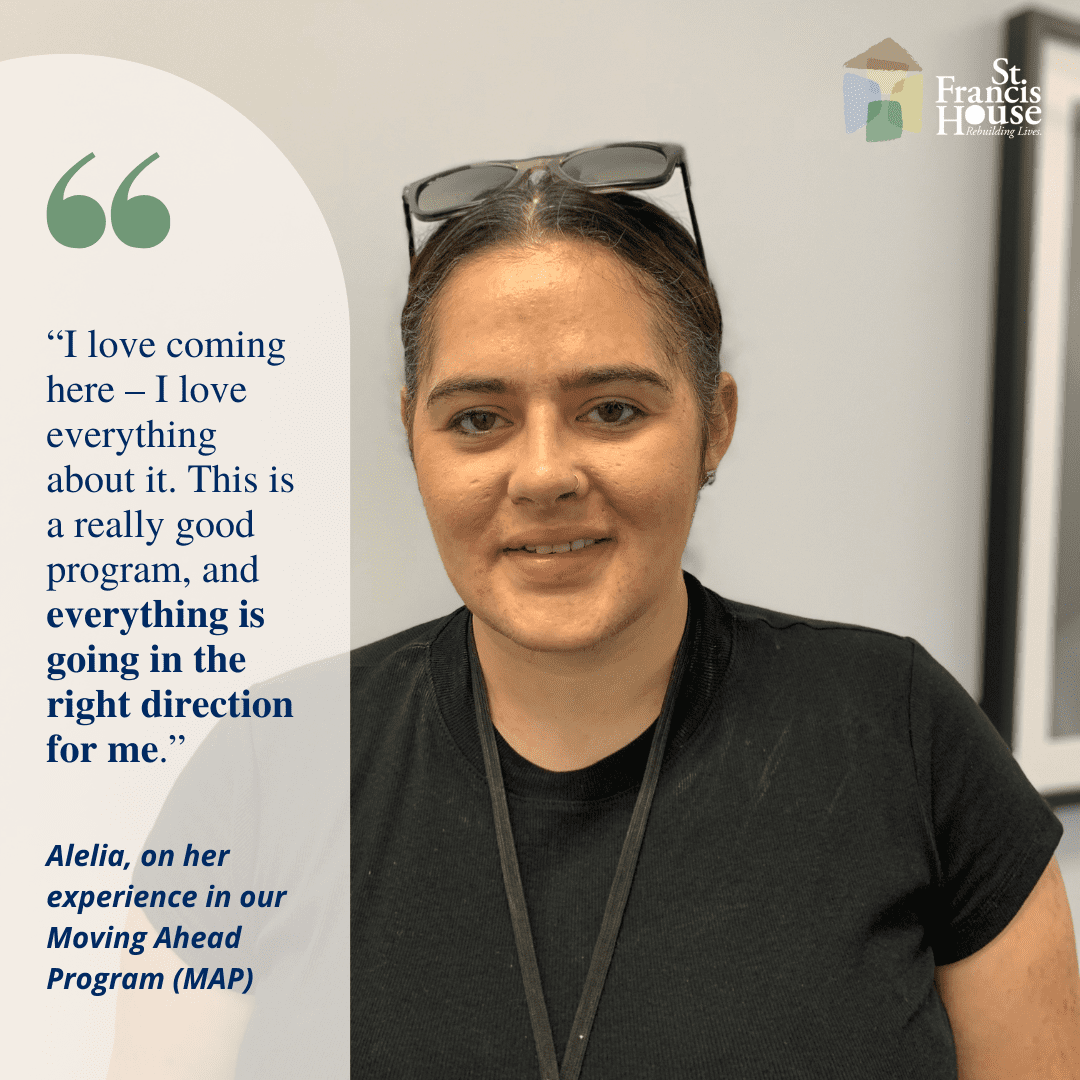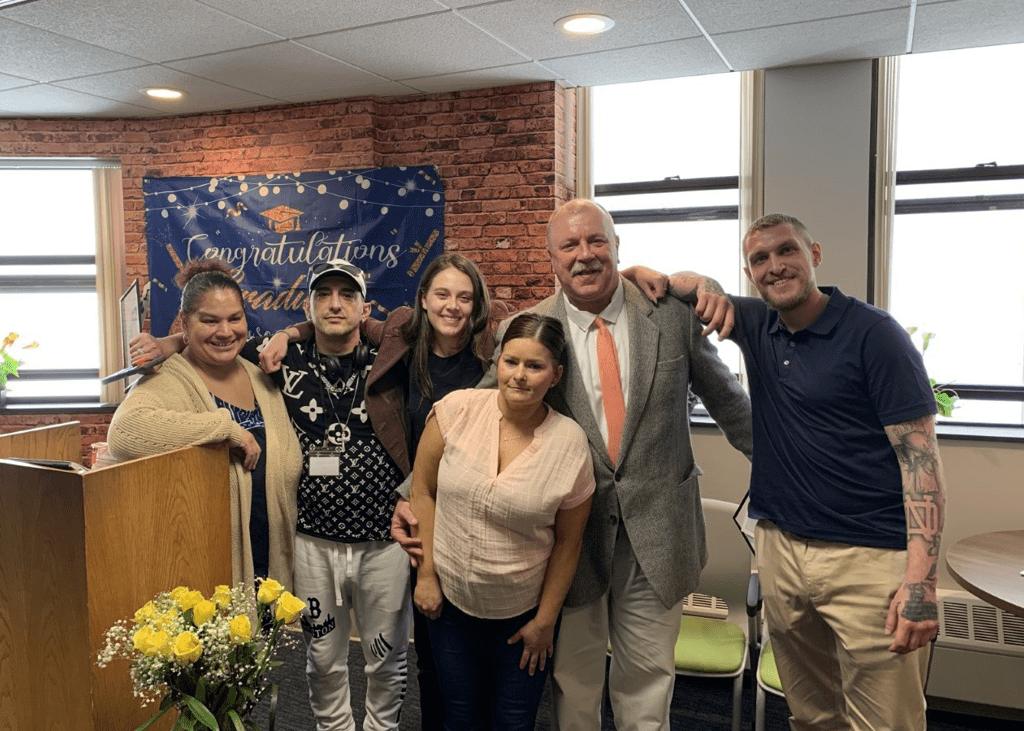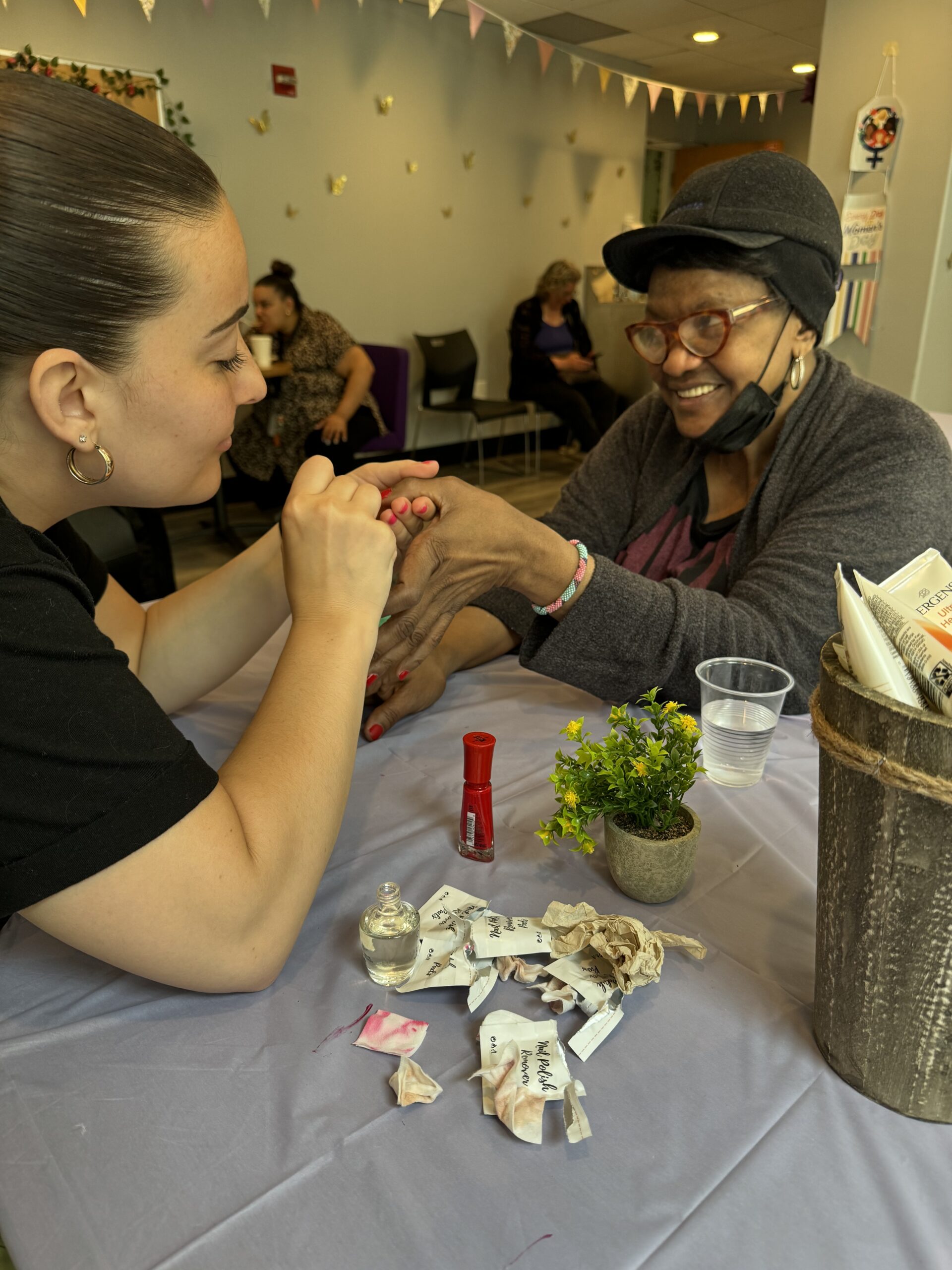Jose Rodriguez joined the St. Francis House team in 2019 and serves as the Operations Coordinator in our Recovery Support Center. Jose values the connections he makes with the people coming through the RSC and brings his incredible empathy and understanding to those relationships. As a graduate of the Moving Ahead Program, Jose says he is grateful to be able to provide help at a place that helped him when he needed it.
How long have you been at St. Francis House?
I’ve been working at St. Francis House since September of 2019, but I came in originally as a guest. I’ve been coming to St. Francis House since 2017. I’m a MAP alumnus, I started in November 2017 and graduated around March of 2018.
Could you describe what you do here?
I oversee basic operations here, I do all the ordering of the supplies for meetings, groups, and activities, and I help uphold our practices in the center by encouraging members to participate. I ask questions and build camaraderie to connect with members to see what their needs are to lead them in the right direction and help them achieve one goal at a time. I don’t say that I have all the answers because, obviously I don’t, but I try to be what we call a resource broker and say, “Hey, I don’t know how to do that, but this person can help you.”
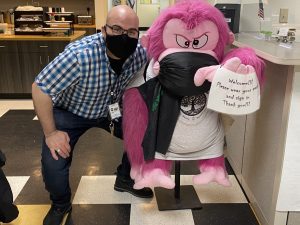 What is the significance of everyone at the Recovery Support Center having lived experience?
What is the significance of everyone at the Recovery Support Center having lived experience?
A common thread, a connection. Help isn’t coming from someone who hasn’t been through what they’ve been through. I was homeless for a while, I’m in recovery. When a guest starts talking, you understand what they mean and their struggles. When you try to help them out with a resource, you’ve used that resource. You can say “have you heard of MAP? It’s a fast track out of a shelter. It’s a good stepping stone and a great place to get started when you’re in recovery, need a place to stay, and looking for employment.” There’s just so much.
What part of your job do you enjoy the most?
Connecting with the people. That’s the best part. Talking with the guests, developing relationships, and meeting people. Seeing people that you haven’t seen in a while. I’ve seen people who were in MAP classes before me or after me. I did a lot of work volunteering in the kitchen before I started working here so I see a lot of faces that I helped while I was in the kitchen.
It makes it seem like you’re not even working. It doesn’t feel like a job when you’re just having a conversation with someone about things that they should look into that would help them along. They say it’s motivational interviewing but it’s easier for me to do it when you don’t think about it as motivational interviewing. You try to think about what people need when they don’t realize that they need it.
It always starts as a normal conversation and once people feel comfortable with you, they’ll start telling you about their problems. That conversation probably won’t happen the first time but when you see the person and say “hey how are you doing? I remember last time you came here you were a little down.” You have to earn their trust.
It’s meant a lot to me because I never had the opportunity to give back to a place that helped me so much. This place has always felt like home to me.
Do you have a story that shows the impact that Recovery Support Center can have?
There are so many. There was a couple that went through MAP who were members here and they bought a house, the guy got his kids back. It’s almost like a movie, a story about rising from the ashes. But you don’t want just one success story, you want many.
Is there anything you wish people knew about the work you do?
I don’t see myself as special or anything like that, I’m just here to help. We’re all here to help people in their recovery, to help people out of homelessness.
We use multiple pathways here; we don’t just offer 12-step meetings. People choose different pathways, some more spiritual than others. Some are very 12-step, others want meditation (which is spiritual but not religious), and other people are very creative and want to do art. It’s trying to accommodate everyone fairly and uniquely.
Some people today are on medically assisted treatments like methadone or take other meds, so they might feel ostracized by traditional pathways to recovery. The “old schoolers” don’t see that as being “clean” because they have something in their system. Back then they didn’t have any of that, so they don’t see it as adhering to the traditions of recovery. But not everybody is the same. In some people’s eyes, it’s not perfect, but it gives them the ability to live a normal life. If somebody is taking suboxone for a few years or even the rest of their life but now they can work, go to the gym and participate in other social activities, that’s a lot better than struggling with active addiction and homelessness.
